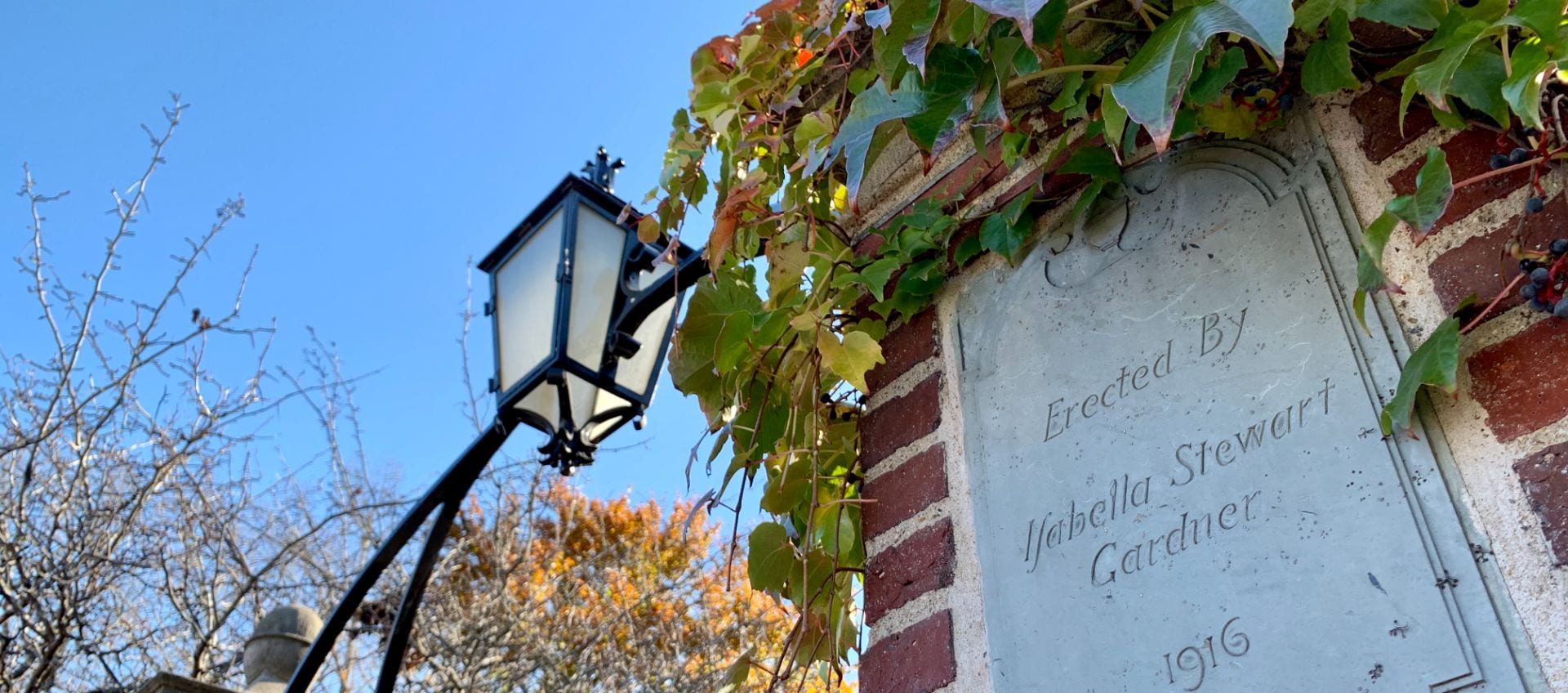Dear colleagues,
Earlier today, President Garber shared the final reports from the Presidential Task Forces on Combating Antisemitism and Anti-Israeli Bias and Combating Anti-Muslim, Anti-Arab, and Anti-Palestinian Bias. I am deeply grateful for the hard work of faculty, staff, and student members on both task forces, including members of the FAS community.
These are substantial documents, the result of 18 months of listening to and documenting the experiences of many members of the Harvard community. Each quote and example reflects an individual experience, a unique story. When you step back – as these task forces did – what emerges is a portrait of pain, fear, isolation, and alienation, and of a community whose bonds have been strained, in some cases past the breaking point.
The reports are hard to take in, but confronting their findings is necessary to our ability to move forward as a community engaged in a shared mission. I encourage you to take the time to read them in full.
Antisemitism and Islamophobia are wrong – period. We all must combat these pernicious forms of bias, which alienate and intimidate members of our community and damage the learning environment on which our mission depends.
These biases can take many forms, some blatant and others more insidious. What stuck with me most from the reports were the many ways in which members of our community felt silenced or erased. The details matter, and there is historical and cultural context that must be considered as we seek to understand the experiences these reports describe. They also further inform broader concerns about our learning environment, hard truths that we have begun to grapple with in the FAS.
We know that students hesitate to speak up in class for fear they’ll be shunned for expressing views others disagree with, that they shy away from difficult conversations, inside and outside the classroom. And these fears aren’t limited to students. Many faculty report reluctance to discuss controversial subjects, with their students and with their colleagues. Whatever their cause, fear and silence are corrosive to learning and the advancement of knowledge. We all have a stake in fighting against them.
To be academically ambitious is to take risks. The most exciting parts of what we do are about following our curiosity into the unknown, tackling big unanswered questions, telling important untold stories, being willing to try something no one else has tried. Fear and self-censorship stop good ideas before they even start. They deprive us all of the views of our colleagues and peers that open possibilities for innovation, insight, and growth. A fearful community cannot remain an academically excellent one.
The challenge before us is to build back trust in this institution and each other – the trust that allows us to take those risks. To be a place that nurtures empathy and offers the benefit of the doubt. That encourages us to listen, try on ideas, and change our minds. And that welcomes us to the academic enterprise as full people, making the most of what broad diversity of life experiences, perspective, questions, and approaches offers to the advancement of knowledge and the education of the next generation.
While we have made some progress in our pursuit of this vision, there is much more work to do. As dean, I am committed to continuing to listen and to the hard work of change – change that will only be possible if we take it on together.
Sincerely,
Hopi
Hopi Hoekstra
Edgerley Family Dean of the Faculty of Arts and Sciences
C. Y. Chan Professor of Arts and Sciences
Xiaomeng Tong and Yu Chen Professor of Life Sciences
